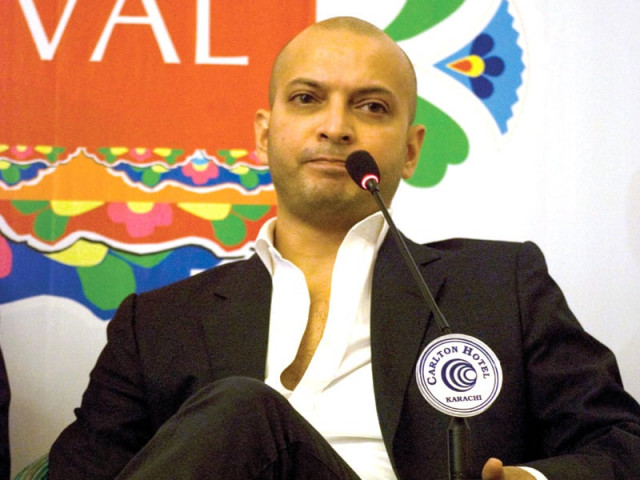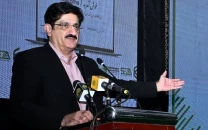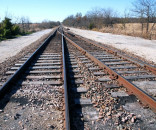Karachi’s biggest tragedy is its uncaring elite
Arif Hasan, Roland deSouza, HM Naqvi mull over some of the ways in which the city is being rent apart.

Urban planning has been anti-poor ever since the Greater Karachi Resettlement Plan initiated by General Ayub Khan, according to renowned architect, town planner and historian Arif Hasan.
“Karachi used to be a multi-ethnic, multi-class city but over time the poor have been pushed to the periphery of the city. There is absolutely no social housing,” said Hasan who was speaking at the third annual Karachi Literature Festival in a session titled ‘Megacities’.
Hasan was joined in the session by activist and executive member of NGO Shehri, Roland deSouza and novelist HM Naqvi. The talk was moderated by Nausheen Anwar, an academic trained in urban studies.
“Pushing the poor to the periphery increases travel costs, and minimises access to health facilities and education,” Hasan went on to say, “because of travel, women can’t work.” He clarified that he wasn’t opposed to Port Grand, a new gated entertainment area by the harbour, but that the planners had erected blockades in the area which have in effect put an end to cultural activities that have been taking place there for decades.
DeSouza added to this by saying that 60% of Karachi’s population is living in unplanned settlements and most people don’t even have a proper place to sleep or go to the toilet. “Sixty per cent of this city is not being planned for by the government.”
Being that this was a literature festival and not a seminar on urban planning, HM Naqvi brought some colour and personality to the session, which prompted Hasan to scrap his prepared talk and go with a more personal account.
“I am an urban animal, a denizen of this city, a story-teller,” said Naqvi in his distinguishably deep tone. “This city has a tough, hearty population.”
Naqvi briefly shared theories on Karachi’s history that extend far beyond the oft-repeated myths that only extend back to a few hundred years. He spoke about how traditions become altered because there are so many diverse people living in such close quarters and how economic decisions can trump religion or ethnicity in a megacity like Karachi.
Naqvi is the author of Home Boy which takes place in another megacity, New York. He is currently working on a book that revolves around Karachi.
Implying that Karachi also has small-town sensibilities, Naqvi recalled an anecdote about Thomas & Thomas, the oldest remaining bookstore in Saddar, where Naqvi’s father returned after thirty years. The man behind the counter recognised him, despite the passage of time, and said, “Naqvi saheb, aap?”
DeSouza stated that the source of most environmental damage along with a myriad of other societal problems stems from two issues: overpopulation and consumerism, resulting in massive consumption.
“If you look at what your grandfather consumed and compare it, you probably consume at least a hundred times more than him.” DeSouza argues that Karachi is being overwhelmed by migration and what he calls ‘elite consumerism’ that includes fancy shops, malls and the like, which are actually a façade of progress, not genuine progress.
Moderator Nausheen Anwar pointed out that the pressure to imitate and mimic development modelled after cities like Dubai is not just because of those in charge but the onus also falls on an elite population that desires, endorses, and pushes for this sort of development.
Hasan added that there are three groups in this city that have different and at times conflicting interests that are busy eating up land in Karachi and carving it up for their own aims. “This city has an uncaring elite, and that is Karachi’s biggest tragedy.”
Hasan ended the session with a vague statement about where this city is headed, “gas, coal, and gold and copper in Balochistan. That is the future
Published in The Express Tribune, February 12th, 2012.



















COMMENTS
Comments are moderated and generally will be posted if they are on-topic and not abusive.
For more information, please see our Comments FAQ